Accessibility, Language, and Inclusion
This workshop provides foundational knowledge on how communication and language can create barriers to accessibility. We will identify problematic terms, understand how ableism informs the use of these term and apply this knowledge to our everyday practices to create an inclusive community.
Want us to offer this event again?
Register your interest now
Description
Join Ben Poynton and Reshma Dhrodia for an engaging training session to discuss accessibility, ableism, and language. This session will provide participants with a foundational knowledge on how communication and language can create barriers to accessibility, and how to address these barriers. Participants will be (re-) introduced to AODA guidelines for accessible communication, language, and terms that may be problematic, invited to consider how language changes over time, and to discuss how this knowledge might change interactions within one’s communities moving forward.
By the end of this workshop, participants will be able to describe key parts of social and legal (i.e. AODA) contexts relevant to accessible communication; identify problematic terms and understand how ableism informs the use of these term and apply this knowledge to our everyday practices to create an inclusive community without barriers for folks with disabilities.
Participants will be asked to review some materials in advance of the session to prepare. We anticipate this may take one to two hours. Following an introductory presentation, participants will be put into breakout rooms to discuss the articles and answer some preset questions. The small groups will then re-join the larger group to debrief breakout room discussions.
Program Details
For more information about the Stepping Stones Program please click here.
Relevant Resources
Click here to see resources related to: Accessibility, and Equity, Inclusion and Justice
Event Details
Recommended Events
-
 23JanThis workshop provides a framework for embedding equity, diversity, and inclusion into CPD instructional design and delivery. We discuss how to create equitable, accessible and inclusive learning environments through the application of a health equity and inclusion framework.
23JanThis workshop provides a framework for embedding equity, diversity, and inclusion into CPD instructional design and delivery. We discuss how to create equitable, accessible and inclusive learning environments through the application of a health equity and inclusion framework. -
 28JanThis workshop introduces key strategies related to teaching in the clinical setting. Participants will learn how to apply strategies to enhance the educational climate and compare/contrast different preceptorship models. We discuss the importance of transparency and non-hierarchical teaching approaches.
28JanThis workshop introduces key strategies related to teaching in the clinical setting. Participants will learn how to apply strategies to enhance the educational climate and compare/contrast different preceptorship models. We discuss the importance of transparency and non-hierarchical teaching approaches. -
 6FebThe workshop explores the reasons for conducting surveys as well as how to optimize alignment between survey methods, scholarly questions, and research paradigms. Participants will be introduced to best practices for question development, survey administration, data analysis, and interpretation.
6FebThe workshop explores the reasons for conducting surveys as well as how to optimize alignment between survey methods, scholarly questions, and research paradigms. Participants will be introduced to best practices for question development, survey administration, data analysis, and interpretation.


